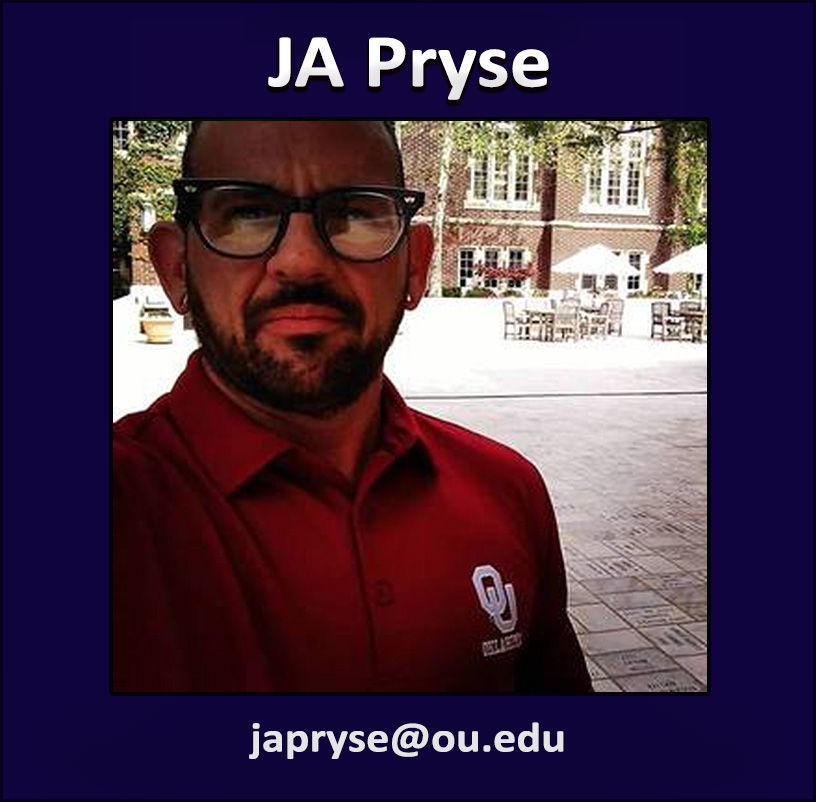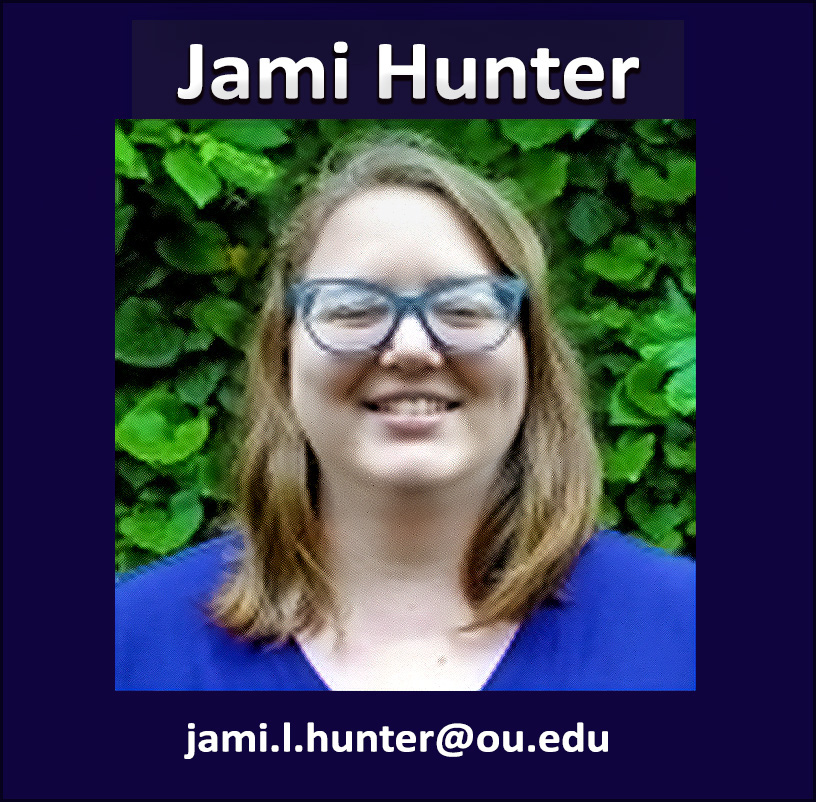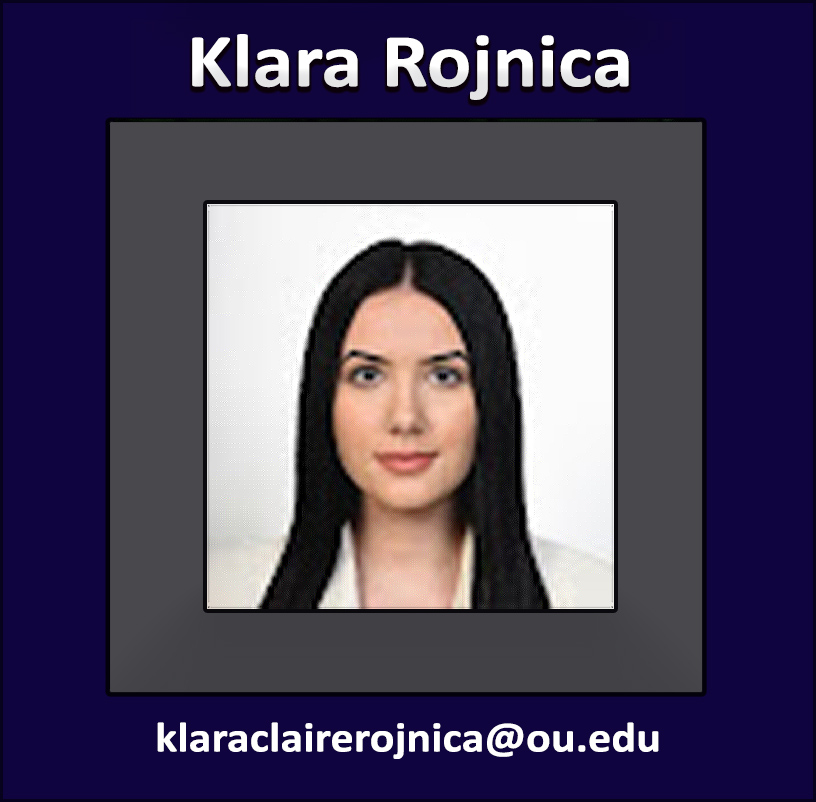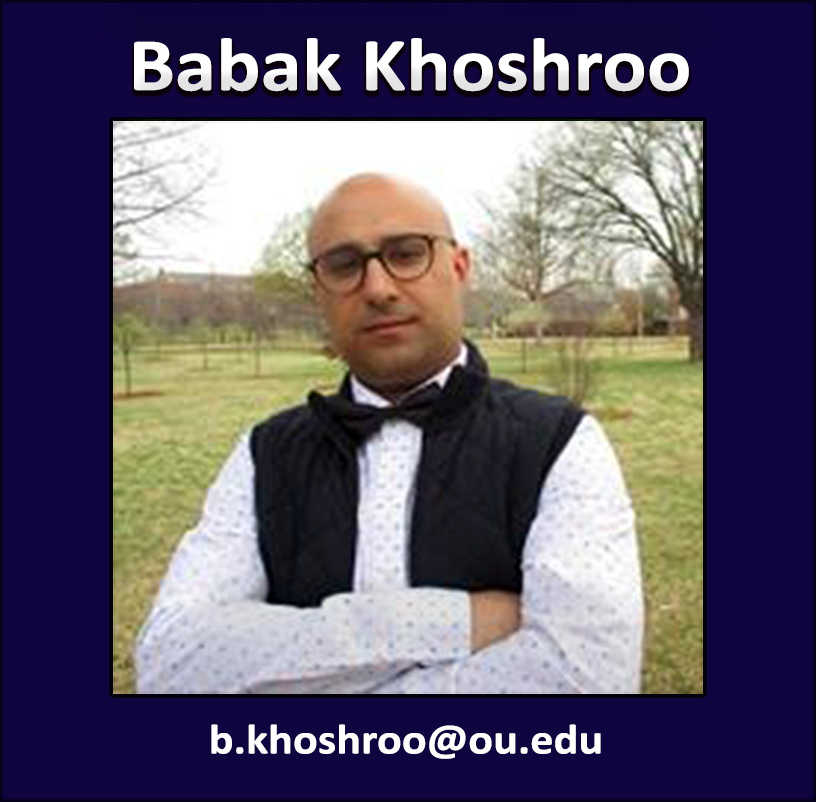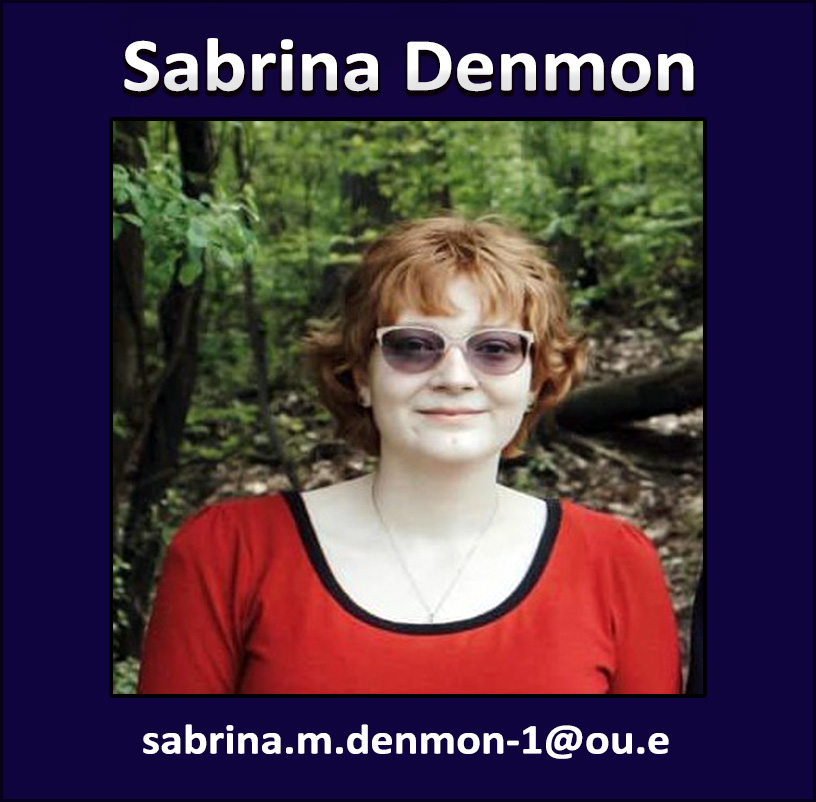About the Center
The Carl Albert Congressional Research and Studies Center is a unique and nonpartisan institution that strengthens representative democracy through scholarship, learning, and service. Established in 1979 by the Oklahoma State Regents for Higher Education and the Board of Regents of the University of Oklahoma, the center is a living tribute to the ideals, leadership, and accomplishments of the Honorable Carl Albert, native Oklahoman, University of Oklahoma alumnus, Rhodes Scholar, 46th Speaker of the U.S. House of Representatives.
History
Founded by Professor Ron Peters and established in 1979 by the Oklahoma Regents for Higher Education and the Board of Regents of the University of Oklahoma, the Carl Albert Congressional Research and Studies Center is a nonpartisan institution devoted to teaching and research related to the United States Congress and, more broadly, to strengthening representative democracy through engaged and informed citizens. Located at the University of Oklahoma in Norman, Oklahoma the center is a living tribute to the ideals, leadership, and accomplishments of the Honorable Carl Albert-native Oklahoman, University of Oklahoma alumnus, Rhodes Scholar, and 46th Speaker of the U.S. House of Representatives. Supported by private, foundation, and public funds, the center has grown into one of the largest and most comprehensive congressional studies centers in the country.
The Center, under the leadership of Director and Curator Michael Crespin, plays an integral role as a hub for academic, scholarly, and public-facing activity on the OU campus. The center’s archives, led by the Senior Archivist, J.A. Pryse, houses the most wide-ranging collection of political and congressional papers in the state of Oklahoma. The collections include the papers of 61 former members of Congress from across the country, along with the papers of 25 political leaders, congressional staffers, and journalists. These congressional and political collections encompass over 100 years of American history, with materials from the 1930s through the 1990s comprising the largest part of the collections. As a result, the center’s archives foster research on a broad range of topics. The center promotes academic inquiry into the history, structure, and leadership of the Congress, the relationship between citizens and the Congress, and the processes of policymaking with other institutions in the American political system.
Over the years, the center has hosted national conferences for scholars. In addition, the center is a founding member of the Association of Centers for the Study of Congress – the premier national collaboration preserving historical material on the Congress. Since 1983, the center has hosted the biennial Julian J. Rothbaum Distinguished Lecture in Representative Government, which focuses on the health of representative institutions in the United States and emphasizes the importance of participation by private citizens in public affairs. The Rothbaum lectures have featured the nation’s most distinguished political scientists and statespersons. The lectures, suitably revised and extended, are individually published as a book by the University of Oklahoma Press. A national leader in promoting civic engagement and women’s leadership programming, the center was a founding partner in the N.E.W. (National Education for Women’s) Leadership Development Network (2002) which seeks to address the historic under-representation of women in politics, public service, and other leadership roles. The University of Oklahoma was named as one of the best colleges for student voting as a result of the center’s participation with the ALL IN Campus Democracy Challenge and the National Study of Learning, Voting, and Engagement.
![]()
Meet the Archives Team
Graduate Assistants and Fellowships
![]()
Apply for the Ambassador James R. Jones Graduate
Fellowship
The Ambassador James R. Jones Graduate Fellowship was established to assist with the archival digitization efforts of the Carl Albert Congressional Research and Studies Center’s Congressional and Political Collections.
Ambassador Jones served as Appointments Secretary (Chief of Staff) to President Lyndon Johnson, was a member of the U.S. House of Representatives from 1973-1987 and was appointed United States Ambassador to Mexico from 1993 to 1997.
The Jones Graduate Fellow will be a .50 GRAs in the Carl Albert Center while completing their graduate degree in their home department. The Graduate Fellow will learn valuable research and archival management skills, metadata development, content migration strategies, and long-term preservation techniques. Fellows will have practical, hands-on opportunities with various archival materials including manuscript, photographs, and moving image/sound content. This unique position allows a robust learning experience and offers one-on-one instruction for in-depth skill development.
The Award
The Ambassador James R. Jones Graduate Fellowship includes:
- A $16,000 stipend payable over nine months (Aug. 16 through May 15)
- Up to $3,000 per year for travel and research funds
- A tuition waiver if graduate program is eligible
- A subsidy for the basic student health insurance plan
- Fellowship is renewable annually
Eligibility and Requirements
Eligible applicants for the fellowship must:
- Be a full-time regularly enrolled graduate student at the University of Oklahoma
- Be eligible for a Qualified Graduate Assistantship
Application and Selection Process
Fellowship applications for the 2023-24 academic year are now open. Applications will be accepted until the position is filled.
Qualified applicants should submit a current CV and essay describing their interest in, and qualifications for, the fellowship. Application materials should be emailed to Katherine McRae at mcrae@ou.edu.
Contact the Carl Albert Center at (405) 325-6372 or carlalbertcenter@ou.edu for additional information.
![]()
Apply for the Visiting Scholar Fellowship
The Carl Albert Center accepts applications on a rolling basis for its Visiting Scholars Research Grant Program. The grant provides funding for on-site research in the Congressional Collections to support the creation of monographs, journal articles, books, theses, and dissertations. Primary emphasis is placed on research proposals centered on the U.S. Congress and its members, but given the wide-ranging subject matter of the archival holdings at the Center, other topics will be considered.
Eligibility and Requirements
All serious scholars are eligible for this program. Scholars of history and political science pursuing postdoctoral research are especially encouraged to apply. Grants range up to $1000. Funding is meant to defray travel costs incurred during a personal visit to the archives, which generally include travel, lodging, and photocopies. Funds may not be used to employ proxy researchers. In return for accepting support, each grantee is required to include appropriate acknowledgment in any work produced with the assistance of this program and to provide to the Center a copy of each resulting published work. Researchers are limited to one funded proposal every three years and priority is given to those not previously funded.
Required documents for application to the Visiting Scholars Program include:
- C.V.
- Project proposal (please include a detailed list of archival materials chosen for research)
- Budget proposal
- One letter of reference
Apply Online – Visiting Scholars Grant Application
![]()
Partners and Current Projects
Collaborative Research: Understanding the Evolution of Political Campaign Advertisements over the Last Century – Funded by the National Science Foundation (NSF) the collaborative (Harvard and Purdue Universities) project focuses on how political ads have evolved over time. Using an unprecedented collection of political ads, this project will develop (1) an automated system to identify issue (and other politically relevant) content from ad image, audio and text and (2) a state-of-the-art user interface that will give researchers the ability to query, interact with and view videos, and output currently provided by traditional ad collections.
Congressional Correspondence Handwriting Textract Project – Although political polling exists over a long timeframe in American history, polls fail to capture the nuance of expression in letters written by “regular” people to members of Congress. Newspapers might cover a few bills at a time but there is no better source for learning about how voters feel than examining constituent correspondence. Our project allows for the extraction of text from handwritten letters enhancing the search capabilities of files within the repository. This allows scholars and the public to find letters more easily across a range of topics for reading and subsequent analysis. The project is funded by the Data Institute for Societal Challenges Initiative, at the University of Oklahoma.
The Gateway to Oklahoma History – Carl Albert Center and The OU Daily Newspaper Project – The OU Daily, put out its first issue in 1897, making it one of the oldest publications in the state. Since its founding, the publication has chronicled the university’s greatest triumphs, its lighter moments, and its most turbulent chapters. Thanks to the Inasmuch Foundation’s Ethics and Excellence in Journalism Grant Award, the OU Daily archives include more than 200,000 individual newspaper pages that allow users to search each edition by keyword or browse full black and white pages one by one.
Redlining in OKC: A Community-Driven Exhibit with Oklahoma Humanities – Funded by Oklahoma Humanities, our topic, Redlining in Oklahoma City, shows the human results of a long history of systemic racism in the housing market. The practice of “redlining” – the Federal Housing Administration’s refusal to insure mortgages in or adjacent to African-American neighborhoods – was a formal part of housing policy from the mid-1930s until the passage of the Fair Housing Act of 1968 and later the Community Reinvestment Act of 1977. The project combines both informal voice recordings and photographs from individuals who live in the differently coded neighborhoods with formal interviews during driving and walking tours with community leaders.
![]()
The Center has thousands of digital collection items, compiled for exhibits, collaborative projects, and topical research discoverability. Click through the links below to view each exhibit.
Carl Albert Center YouTube Channel – Our YouTube Channel is a space where we can upload and share archival sound and audio-visual files from our collections with the public. Check out our numerous political and campaign ads from the Kanter collections, oral histories, interviews, and instructional videos. This channel supports our mission by disseminating our digital materials to the general public.
Carl Albert Collection Interactive Platform of Discovery – Browse and become immersed in photographs from the Carl Albert Collection! Exclusive to the Carl Albert Center Archives is the vast personal collective of Albert’s written compositions, communication with authoritative global parties, correspondence with constituents, official documents, travel reports, bureaucratic processes, and much more. Linking visual history with textual passages not only enhances the ability to learn but also perpetuates critical thinking on a profound level of engagement.
Carl Albert Center’s COVID-19/Coronavirus Digital Collection – The Carl Albert Center’s Cleveland County COVID-19 Digital Collection has been created to document the announcements, policies, and response from the Cleveland County, The City of Norman (COVID-19), the Oklahoma State Department of Health COVID-19 Website, The University of Oklahoma Coronavirus/COVID-19 Updates and Resource Website, both State and City of Norman video reports, and all proclamations, newsletters, and emails that we can collect.
Carl Albert Congressional Research and Studies Center Human Rights Digital Archive Collection – This curated collection represents documentation regarding human rights issues, legal regulations, civil rights, Indigenous people’s rights, women’s rights, and much more.
Dick T. Morgan Digital Archive – This collection contains over one-thousand digital items from the Dick T. Morgan Collection. Morgan represented Oklahoma’s Second District in the U.S. Congress from 1909 and 1915 and the Eighth District from 1915 to 1920.

